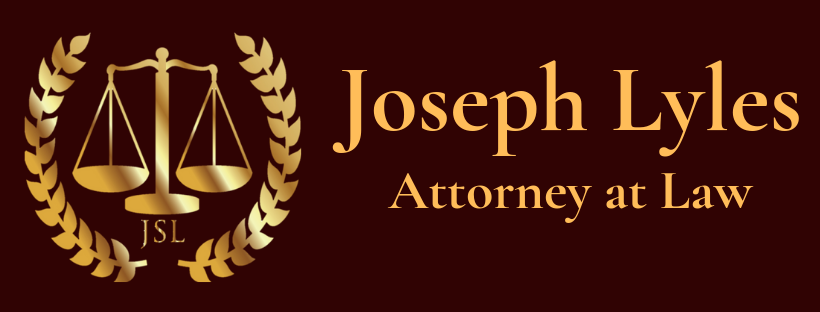Lesson 40: This Stinks! Pollution Problems with Real Estate
From the Real Estate section of How You Can Avoid Legal Land Mines by Joseph S. Lyles (2003).
Failure to disclose nearby environmental blights in a real estate transaction is a growing source of legal disputes. One case in which I was involved had a very interesting situation.
A disabled man, Jim, was shown a house in a modest subdivision that was very reasonably priced and could easily be modified to meet his physical requirements. Jim was from out-of-town and was not familiar with the area surrounding this subdivision. A few months after he closed on the purchase of the house, Jim overheard some people talking about a nearby landfill. He was surprised to learn there was one in the area because none of the people involved in the real estate transaction had mentioned it.
However, Jim’s surprise turned into distress when the garbage dump grew so high he could see it from his house, particularly when the vegetation died back in the winter. Unfortunately, he couldn’t afford to hire attorneys to fight the lengthy and uncertain battle to recover damages for the failure to disclose.
In a similar case, a client of mine bought a house and large lot without knowing that a prior owner had used underground storage tanks for gasoline or some other petroleum product. Under applicable laws and regulations, certain testing and reporting is required when those tanks are abandoned.
My client had to pay for the required testing and reporting. He is negotiation with the prior owners in hopes of being reimbursed but the outcome is not clear.
Again, don’t let some problem that is out of sight and out of mind cause you to pay out of your pocket. Find it before you close the purchase of the real estate when you can deal with it more easily.
The Lesson: The law is not clear on how close an environmental problem has to be to a parcel of real estate before the seller is obligated to disclose it existence to a potential buyer. Given the lack of clear guidance, a seller should generally disclose more than he would wish. Likewise, a buyer should assume that less than he wants is being disclosed. In short, in any real estate transaction, keep your eyes wide open.
